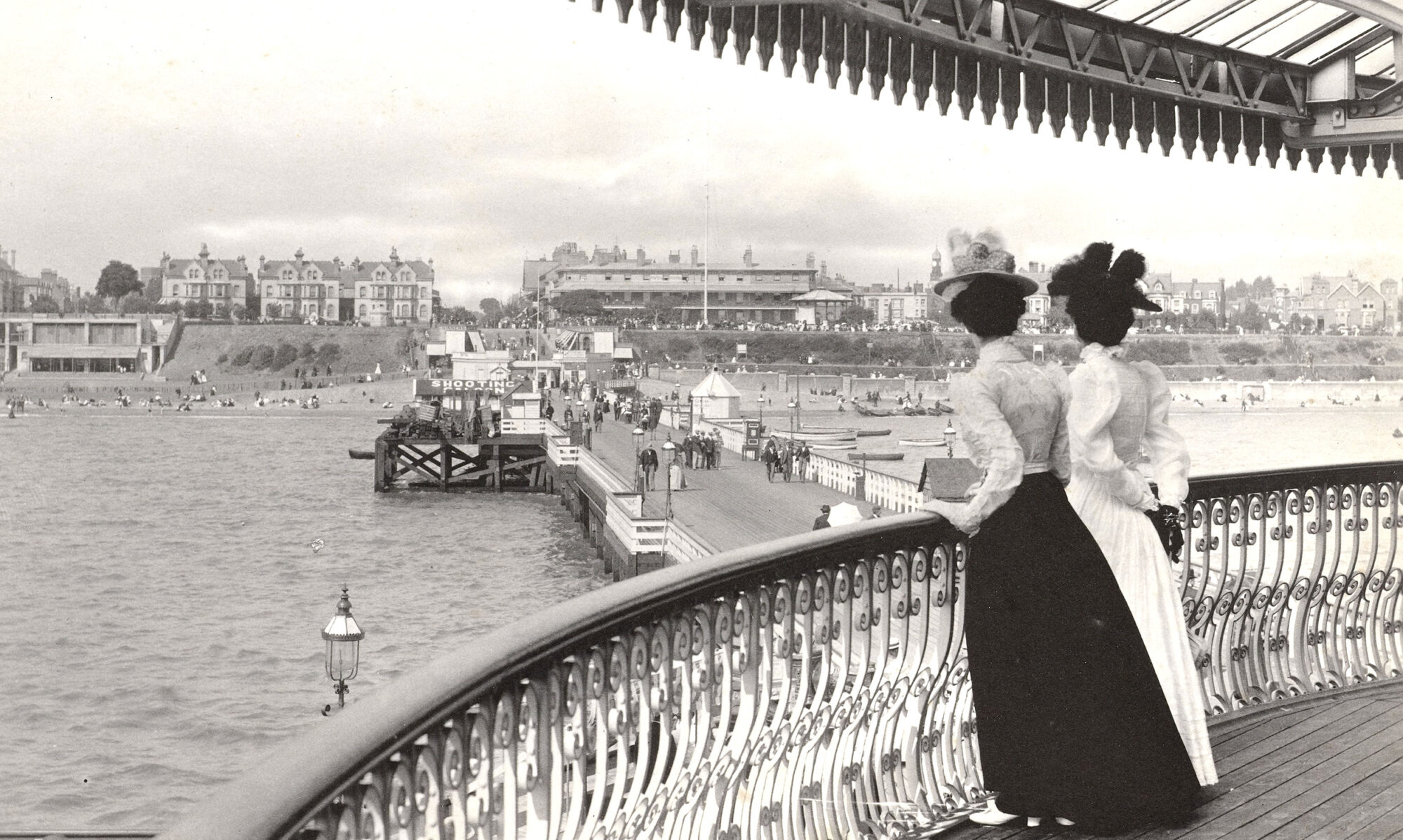It’s been two long weeks since I last posted an excerpt from The Mystery of Love, Courtship and Marriage Explained by Henry J Wehman. I feel a sadness in my heart that only a love letter from Mr. Wehman can dispel. Gentle reader, I have a terrible confession to make: I have missed a very important detail in the art of Victorian love letter writing and that is postage stamp flirtation. My letters might have said, “I love you,” but my straight up and down stamps said, “Goodbye, sweetheart.” Luckily, Mr. Wehman has set me straight on this count.
Once again, I have included images from Cassell’s Family Magazine published in 1886, four years before the The Mystery of Love. I just adore Cassell’s. In the very near future, I will include one of its short stories on this blog.
Excerpt of sample love letters from The Mystery of Love, Courtship and Marriage Explained:
From a poor young man to a rich young lady whom he had only seen but a few times:
Dear Miss W— ;
You will no doubt be surprised to receive a letter from one who is almost a total stranger to you, but I hope you will pardon me for my boldness when I tell you how truly, how deeply I love you. Perhaps prudence would dictate that I should, for the present, at least, withhold this confession, but my heart is impatient and will not be quieted until I have made you acquainted with its secret. I am aware that the suddenness of my passion may awaken the suspicion that it is only a shallow and transient feeling, but I am sure that you have won my whole heart, and what more could you do were those charms of yours, which have so easily captivated me, to shine before me for years? Love is not a vegetable that it must grow nor is it a thing of logic that it must depend upon sequences and conclusions; but it is a passion of the soul, which may, like thought, be born in an instant, especially in the presence of beauty and accomplishments such as you possess.
All I expect in answer to this, I fear, imprudent note, is some intimation that I may dare to hope that I do not live without hope. Give me but an opportunity to prove myself worthy of the infinite happiness which your love would bestow, and there is no impossibility I would not achieve to obtain it. Indeed, since the first night I saw you, the perfection and the constellation of charms that shine in your person have filled my heart and brain so full that I can do nothing but think of you all day and dream of you all night. I cannot imagine any happiness for myself in the future which is not identified with you.
If your heart is yet free, and if you do not find objections to answering this note, I entreat you to deal with me with the same direct frankness that I have used in addressing you.
I am, with great respect and devoted love,
Henry B—.
Continue reading “More Victorian Love Letters and the Basics of Postage Stamp Flirtation”








